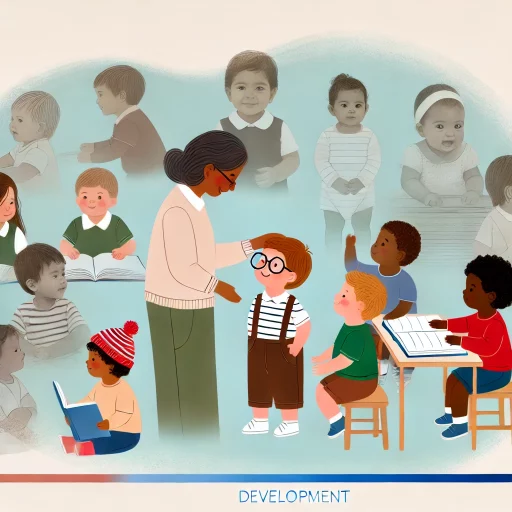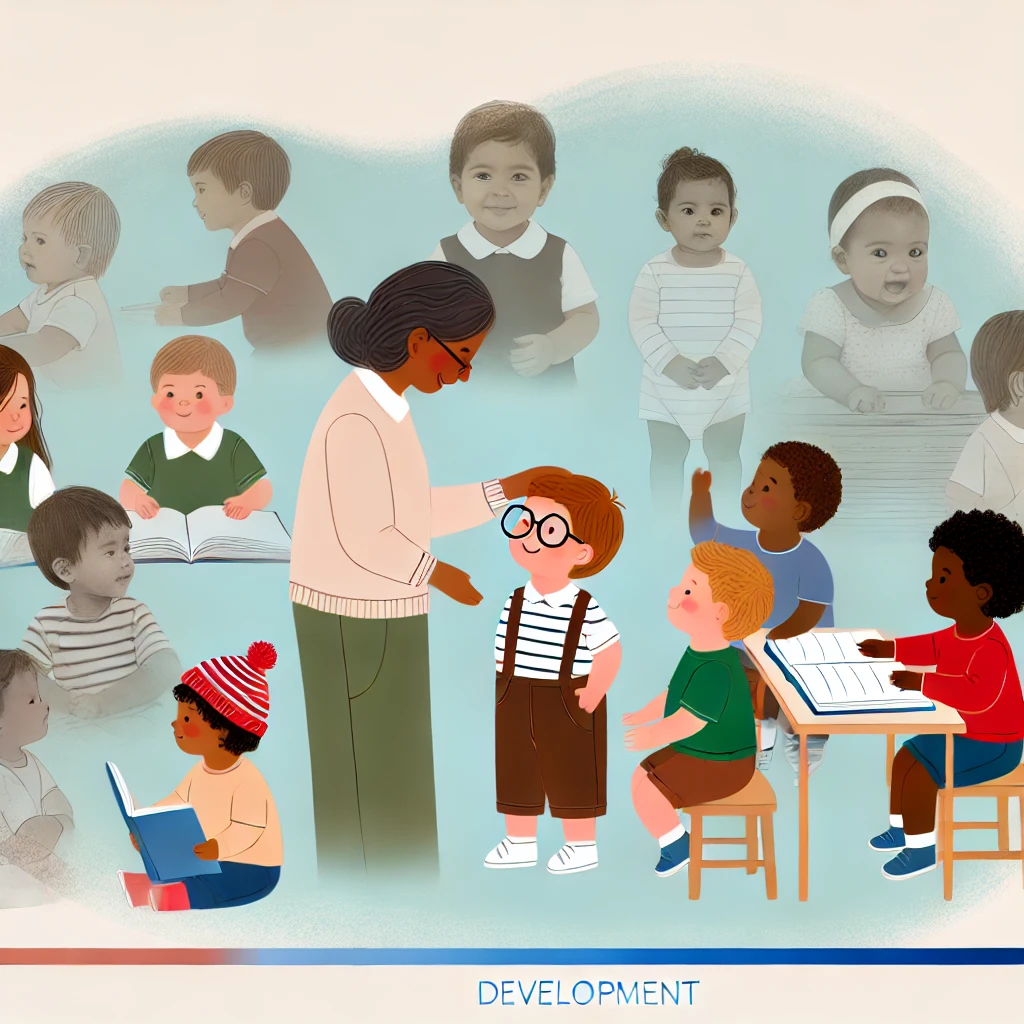Early Beginnings and Big Questions
Imagine a classroom filled with children, each with their own unique story. Some of these kids were born a few weeks earlier than expected, falling into the category of moderate to late preterm (MLP) births—arriving between 32 and 36 weeks of pregnancy. Scientists set out to discover whether this earlier start in life might influence their development years later.
A Slight Gap in Skills and Behavior
By age 9, children born MLP displayed small yet noticeable differences compared to their peers born at full term (37 weeks or later). These differences appeared in cognitive skills, such as reasoning and problem-solving, and academic areas like reading and math. Additionally, parents reported more behavioral challenges in these children, including trouble focusing or interacting with others.
Support Makes a Difference
Even being born a few weeks early can have subtle but meaningful effects on a child’s future learning and behavior. This study emphasizes the importance of identifying and addressing these challenges early on. By providing targeted support, parents, teachers, and healthcare professionals can help these children reach their full potential.
Awareness and Early Intervention
While many MLP babies grow up without significant issues, these findings highlight the value of monitoring their development closely. Early interventions, whether through academic support or social guidance, can bridge the gap and ensure every child has the tools they need to succeed.





